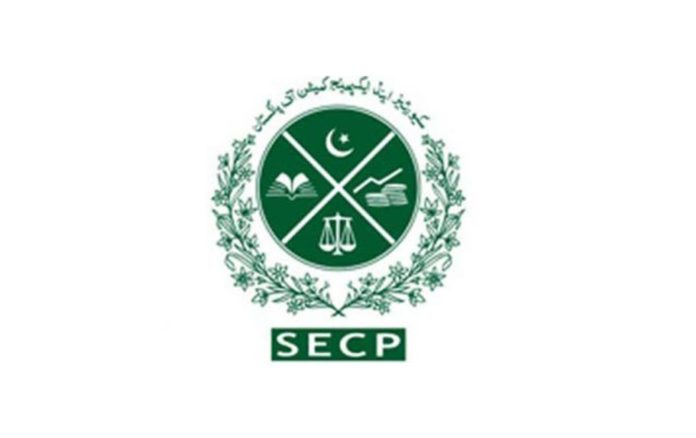The Securities and Exchange Commission of Pakistan (SECP) has highlighted the urgent need for reforms in the health insurance sector to address structural inefficiencies and broaden access to coverage.
Despite constitutional and international commitments to health as a fundamental right, Pakistan faces high out-of-pocket health expenditures, with the World Health Organization’s Global Health Expenditure Database reporting that 47% of health expenses are borne by individuals. This figure places Pakistan significantly above regional peers like Sri Lanka, Malaysia, and Indonesia.
The SECP’s report, titled Healthcare Ecosystem in Pakistan, identifies this financial burden as a major barrier to equitable healthcare access. As part of its five-year plan, Journey to an Insured Pakistan, the SECP has outlined core challenges hindering the growth of health insurance. These include limited product innovation, poor pricing mechanisms, and insufficient regulatory oversight.
The report recommends a reform strategy focused on inclusivity, improved regulation, and a shift towards value-based care. SECP Chairperson Akif Saeed emphasized the importance of integrating public and private healthcare sectors, particularly by combining primary healthcare services with universal health coverage.
Commissioner Insurance, Mujtaba A. Lodhi, stressed the need for a coordinated, national-level approach involving all stakeholders to ensure long-term, sustainable reforms in the health insurance sector.




